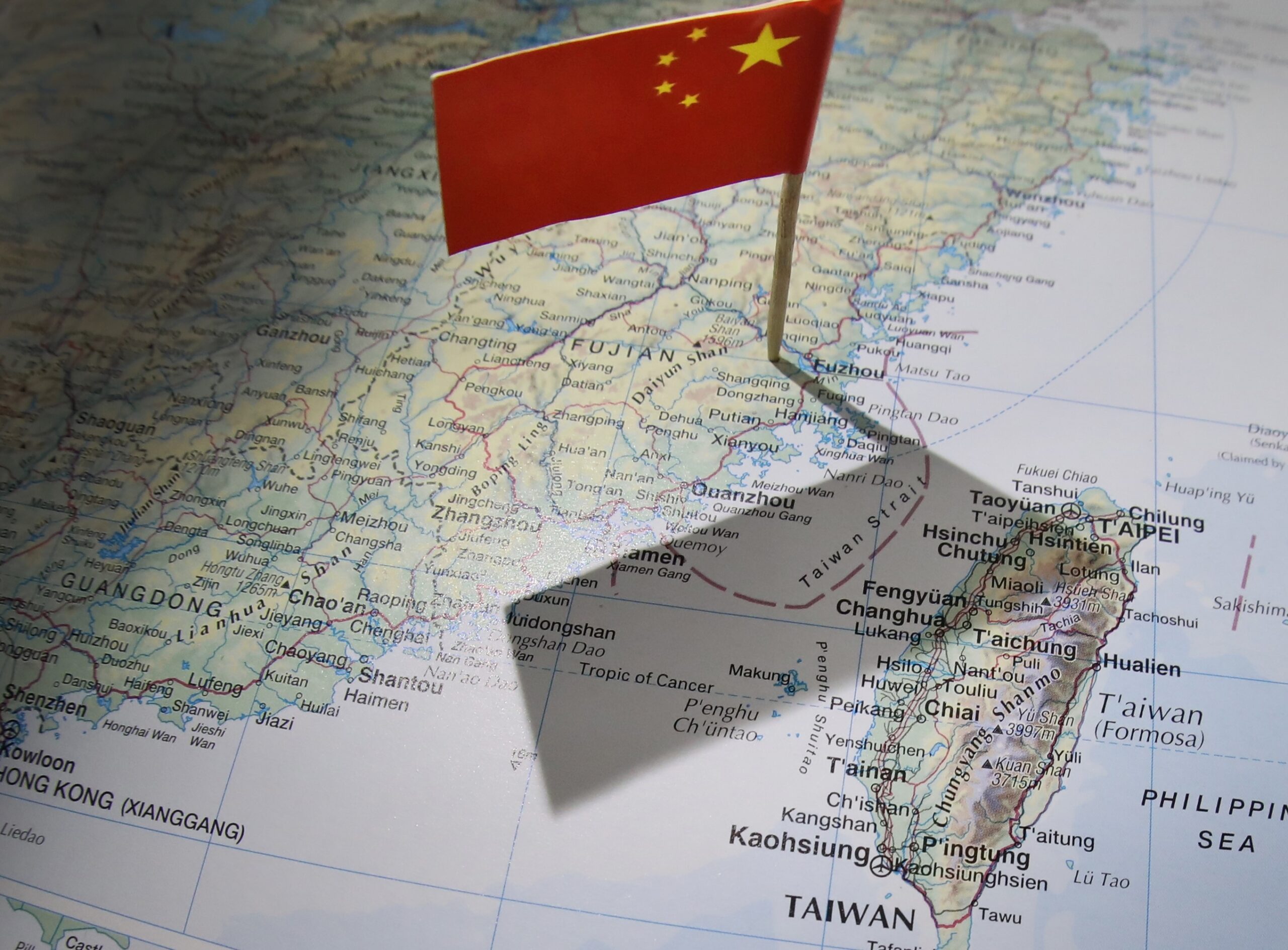Xi Reiterates Threatening Position To ‘Reunify’ Taiwan

Chinese President Xi Jinping has once again affirmed his commitment to “reunifying” Taiwan with communist China, posturing in a threatening way against the West and the principles of freedom from imperialism. At a recent conference marking what would have been Mao Zedong’s 130th birthday, Xi reiterated that the reunification of China and Taiwan is an “irresistible trend” and an integral part of China’s “great cause.”
Xi’s speech harkens back to 1949, when Mao’s victory in the Chinese civil war led to General Chiang Kai-shek’s forces retreating to Taiwan. Ever since, China has viewed Taiwan as a breakaway province destined for eventual reunification with the revolutionary communist government.
Xi took a firm stance in emphasizing his government’s readiness to prevent any attempts to separate Taiwan from China. “The Chinese people have a firm will, full confidence, and sufficient capabilities to resolutely prevent anyone from splitting Taiwan from China in any way,” he said.
Even though he paid lip service to searching for a peaceful resolution, Xi’s comments must be taken in context with China’s recent military activities. The country has been increasing its military capabilities, including the development and deployment of advanced nuclear weapons systems. Its navy has demonstrated its recent buildup through aggressive exercises involving fighter jets and ships near Taiwan.
Xi’s statements take on additional significance when considering the upcoming Taiwanese presidential elections. Taiwan, operating as a self-governing island with its own government, currency, and military, faces a critical crossroads, as the situation with China is far and away the most pressing issue for its government and voters. The election results could influence the island’s future relations with China, and there are strong and legitimate concerns about election interference from Beijing.
The U.S. role in the ongoing political struggle is also noteworthy. Despite observing the “One China” policy, which acknowledges Beijing’s claim over Taiwan without officially recognizing its independence, the U.S. has hinted at potential military intervention if China attempts an outright invasion of its island neighbor.
Xi’s invocation of Mao in his speech is both a nod to the past and a signal of his imperial communist vision for China’s future. By calling for the nation to remember Mao’s “original aspiration and founding mission,” Xi leaves little to the imagination regarding his nation’s ambitions for global dominance.
























